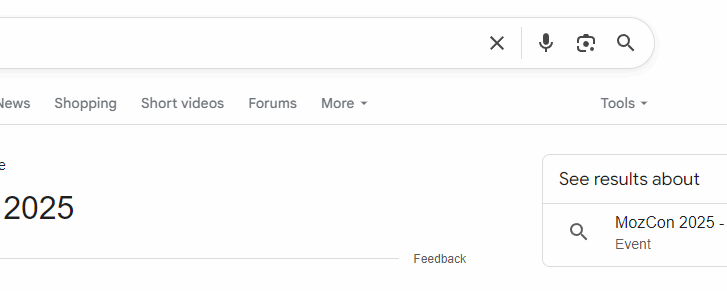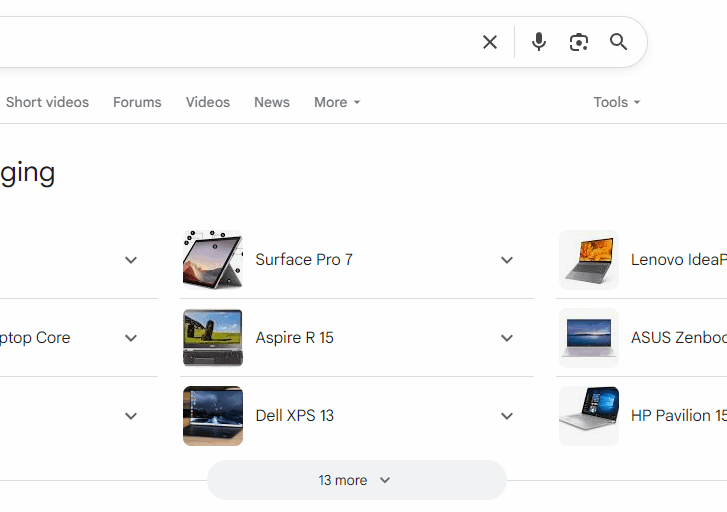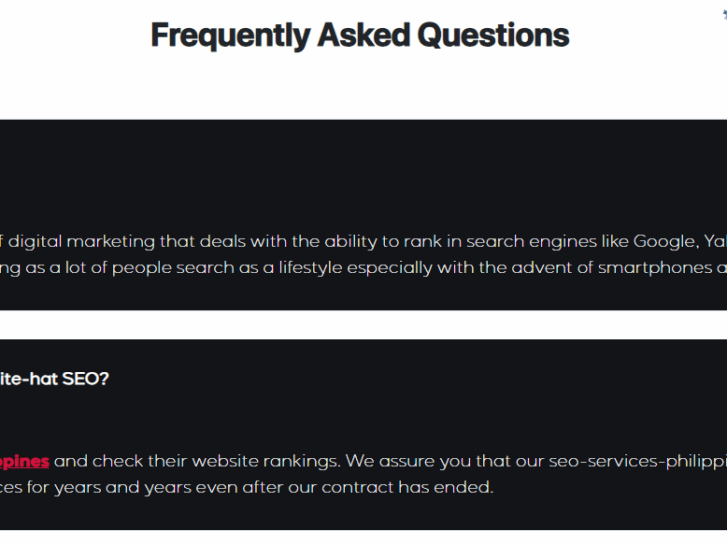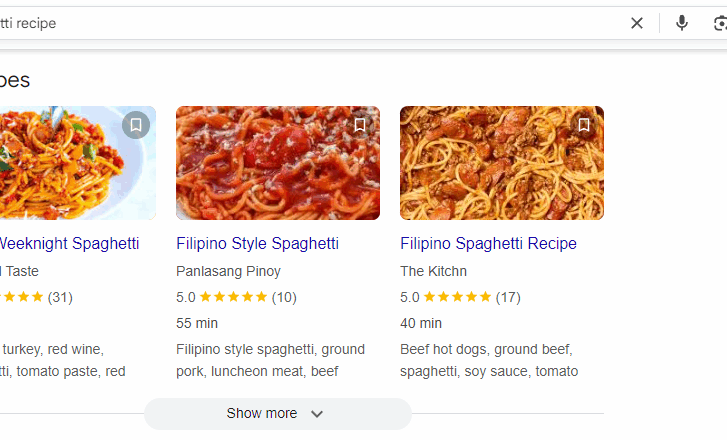The Ultimate Beginners Guide to Adding Schema Markup on Your Website
If you want your web pages to stand out in Google’s search results, schema markup is one of the most powerful tools to use. It might sound intimidating at first, but once you understand what it does and how it works, you’ll realize it’s one of the easiest, high-reward SEO items you can add to your website.
Structured data helps search engines understand your content more clearly. In return, it can reward you with rich results—like star ratings, product specs, event info, and more. The good news? Adding schema markup isn’t as complicated as it looks.
Here’s a complete roundup of our most practical schema guides, built to help you implement structured data one step at a time.
Getting Started: What Is Schema Markup?
Schema markup is a form of structured data that gives search engines extra context about your content. It helps Google and other search engines display rich results—those eye-catching enhancements in the search listings that improve click-through rates.
Adding schema can help you:
- Qualify for rich results on Google
- Improve click-through rates (CTR)
- Strengthen your site’s relevance and context
- Enhance your visibility for local, product, or branded searches
If your goal is to improve organic performance without relying solely on keyword rankings, schema markup is a smart place to start.
New to schema? Start with this foundational guide: How to Create Structured Data Markup for Rich Snippets
Beginner-Friendly Guides for Common Schema Types
These guides walk you through the most common types of structured data—complete with explanations, sample code, and step-by-step instructions to help you implement them on your site easily, even if you have limited experience with coding and development.
Add Event Schema
Running an event, whether online or in person? Event schema helps search engines pull up relevant details like date, location, and ticket info directly in the search results.
Learn how to add it here: Event Schema Markup Guide: Format, Example, & Tips
Add Video Schema
If your site features original video content, VideoObject schema is essential. It lets Google display your video with a thumbnail, description, duration, and more.
Full guide here: How to Add VideoObject Schema Markup
Add Organization Schema
Organization schema helps solidify your brand’s identity in search. It allows you to specify your logo, contact info, social profiles, and other company details that appear in the Knowledge Panel.
Follow the tutorial here: How to Add Organization Schema
Add Review and Aggregate Rating Schema
Displaying user reviews and ratings directly in the search results builds trust and improves click-through rates. Whether you have individual reviews or aggregate scores, the right schema can help.
Start with these guides:
Add LocalBusiness Schema
If you run a brick-and-mortar business or serve a specific geographic area, LocalBusiness schema can improve your local SEO and visibility on Google Maps.
Learn how to implement it here: How to Add LocalBusiness Schema
Add Product and Product Review Schema
Product schema lets search engines show detailed product info like price, availability, and reviews. For eCommerce sites, this can be a game changer.
Get started with this guide: How to Add Product Review Schema
Add FAQ Schema
Want to make your content even more useful in the SERPs? FAQ schema allows commonly asked questions and their answers to appear directly under your search result. It’s an excellent way to increase visibility and improve CTR.
Read: How to Add FAQ Schema Markup
Add Recipe Schema
If you’re publishing food-related content, Recipe schema can make your listings stand out with cooking time, ingredients, calorie count, and more.
Here’s how to mark up your recipes: How to Add Recipe Schema
Add Person Schema
Whether you’re a public figure, founder, or part of an author team, Person schema helps search engines display biographical and professional details accurately.
Guide here: How to Add Person Schema
Final Tips for Implementing Schema Markup
- There are other formats that can be used for schema markups, but always use JSON-LD format. Google recommends this for structured data.
- Validate your code using Google’s Rich Results Test and Schema’s Validator test.
- Only use schema that reflects visible, truthful content on your site.
- Stay updated—schema.org regularly updates its vocabulary and properties.
- Avoid spammy or misleading markups, which could lead to penalties.
Key Takeaway
Schema markup doesn’t have to be overwhelming. By using the right schema types for your content and following the guides above, you can improve your SEO performance and visibility in a measurable way. Test your implementation using the abovementioned tools, and keep your markup updated as your content evolves.





